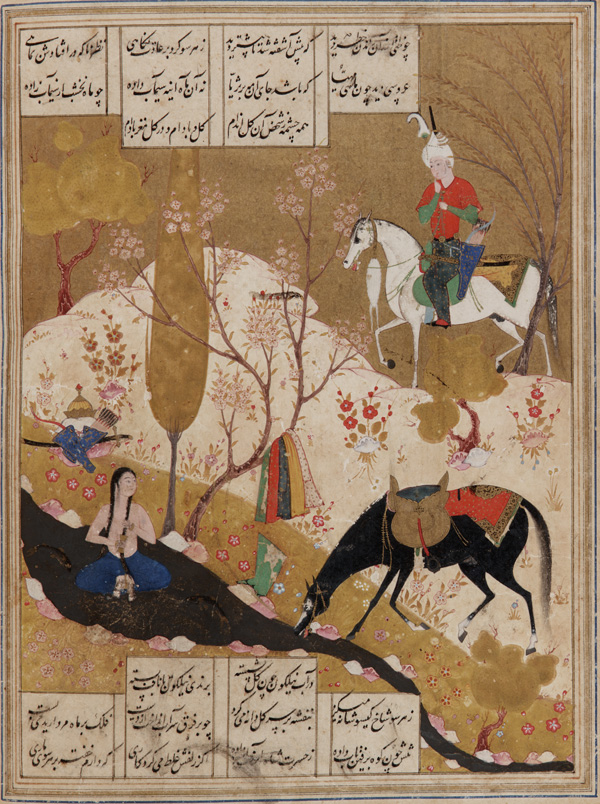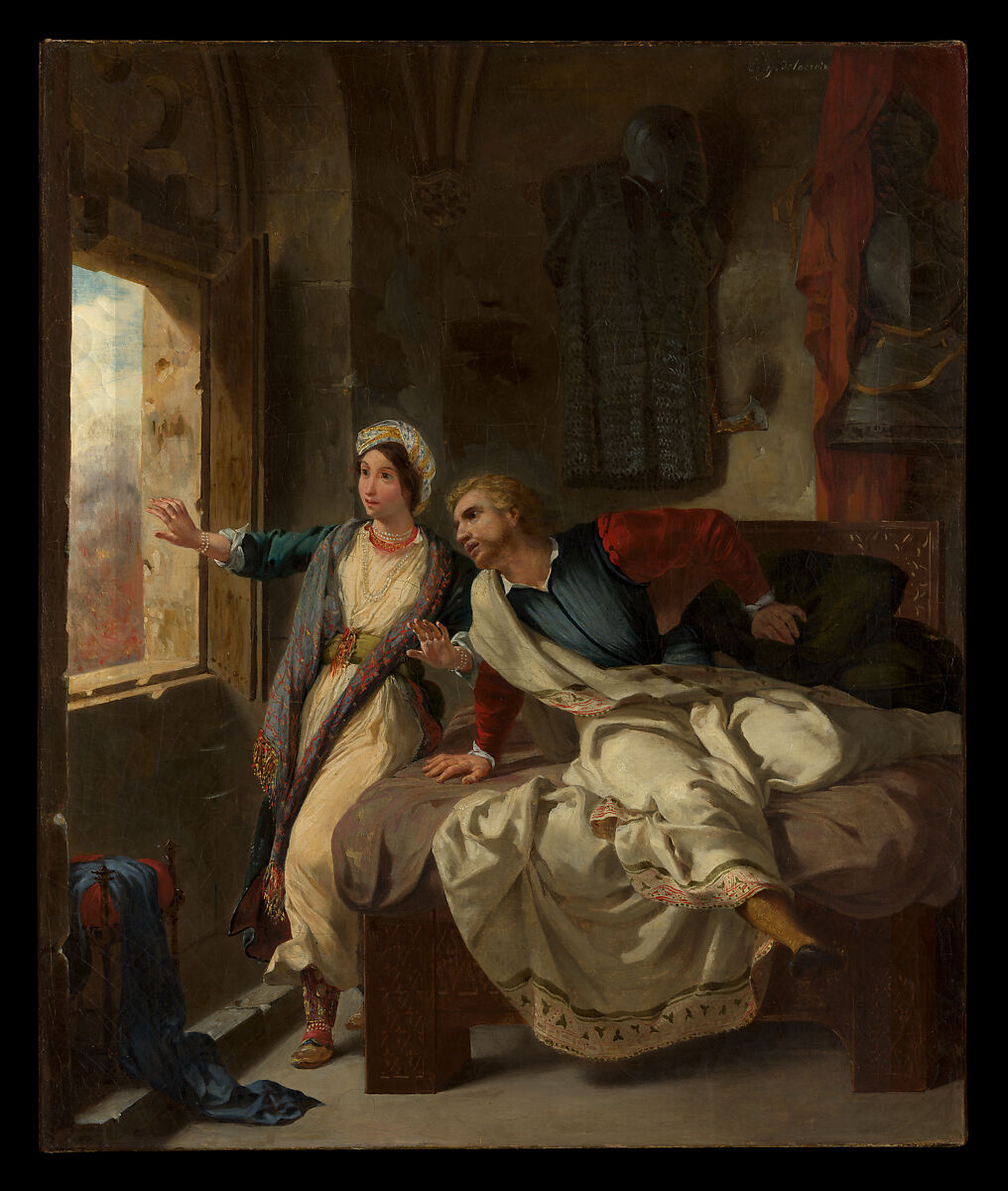Forms: Transformative Romance

What is a romance? Is it a story of love and chivalric adventure that first opened a space for the inner world of the individual? A morally questionable, unrealistic form that is especially dangerous for women? The first “mass genre” of writing that remains woefully unsophisticated? Or is the romance, in the words of one scholar, “the structural core of all fiction”?
The range of these possibilities indicates how the romance has been celebrated and denigrated over its long history. It was the prominent form of narrative fiction in Western Europe from the later Middle Ages into the Renaissance. The first book to be printed in English was a romance, and eighteenth-century authors and readers called long prose narratives “romances” or “novels” interchangeably. Moreover, the romance repeatedly crossed cultural and linguistic boundaries. It was a major form of fiction-making in the Mediterranean and in Asia that also highlighted marginalized identities through its interest in the marvelous and the “Other.”
In this course we will explore the shifting form of the romance from twelfth-century poetry, both European and Persian, to early modern fiction, to the Gothic romance in Europe and America, to the nineteenth-century historical romance, and even a present-day romance novel. The romance was and to some degree still is a site of struggle in relation to the epic, women’s reading and authorship, the origins of the novel, and the status of imaginative writing in general. Together we will explore the capaciousness and adaptability of this experimental, world-constructing genre, along with how developments in studies of race, gender, and queer and trans* theory have revised our sense of its interests and scope. Because romance storytelling structures continue to proliferate in fantasy, comics, and science fiction as well as in fanfiction and children’s literature, this course will benefit creative writers, literary scholars, and educators.
All readings not in modern English will be in translation. Planned readings include Chrétien de Troyes’s Lancelot, Nizami Ganjavi’s Khosrow and Shirin, the anonymous Silence, selections from Geoffrey Chaucer’s Canterbury Tales, William Shakespeare’s The Winter’s Tale, selections from Mary Wroth’s Urania, Ann Radcliffe’s A Sicilian Romance, Nathaniel Hawthorne’s House of the Seven Gables, Walter Scott’s Ivanhoe, Naomi Mitchison’s Travel Light, and Sarah Maas’s A Court of Thorns and Roses.
